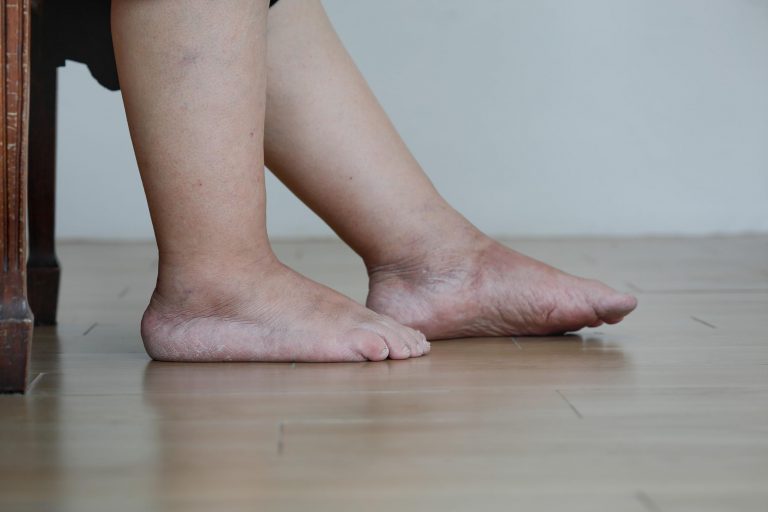Lymphedema is a blockage of fluid produced by the lymphatic system. As part of your immune system, your lymph nodes are responsible for maintaining the proper level of fluids in your body. When the lymph nodes are damaged or removed, the typical drainage that the lymphatic system provides becomes impaired. Fluids that would be processed through and out of your body build up and cause persistent swelling. These fluids include proteins, fats, and white blood cells.
Lymphedema is an underdiagnosed condition, originally thought to primarily occur in post-cancer patients or developing from parasite infections such as filariasis in third-world countries. A better and recently improved understanding of the lymphatic and venous systems shows that the number one cause of lymphedema in the United States is chronic venous insufficiency. The venous and lymphatic systems work together intricately to return fluid to our heart. When the vein system is chronically overwhelmed with pressure, the lymphatic system will eventually be damaged. This leads to a medical condition called phlebolymphedema.

“Justin Poole is a great provider who did everything he could to help my legs. Throughout my experience I felt that I was listened to and my questions and concerns were well addressed. I suffered with wounds on my legs for two years and after my treatments with the Vein and Vascular Center my wounds completely healed, my swelling decreased, and the overall well-being of my legs improved. I had received previous vein treatments elsewhere and my experience with this vein center was far better.”





